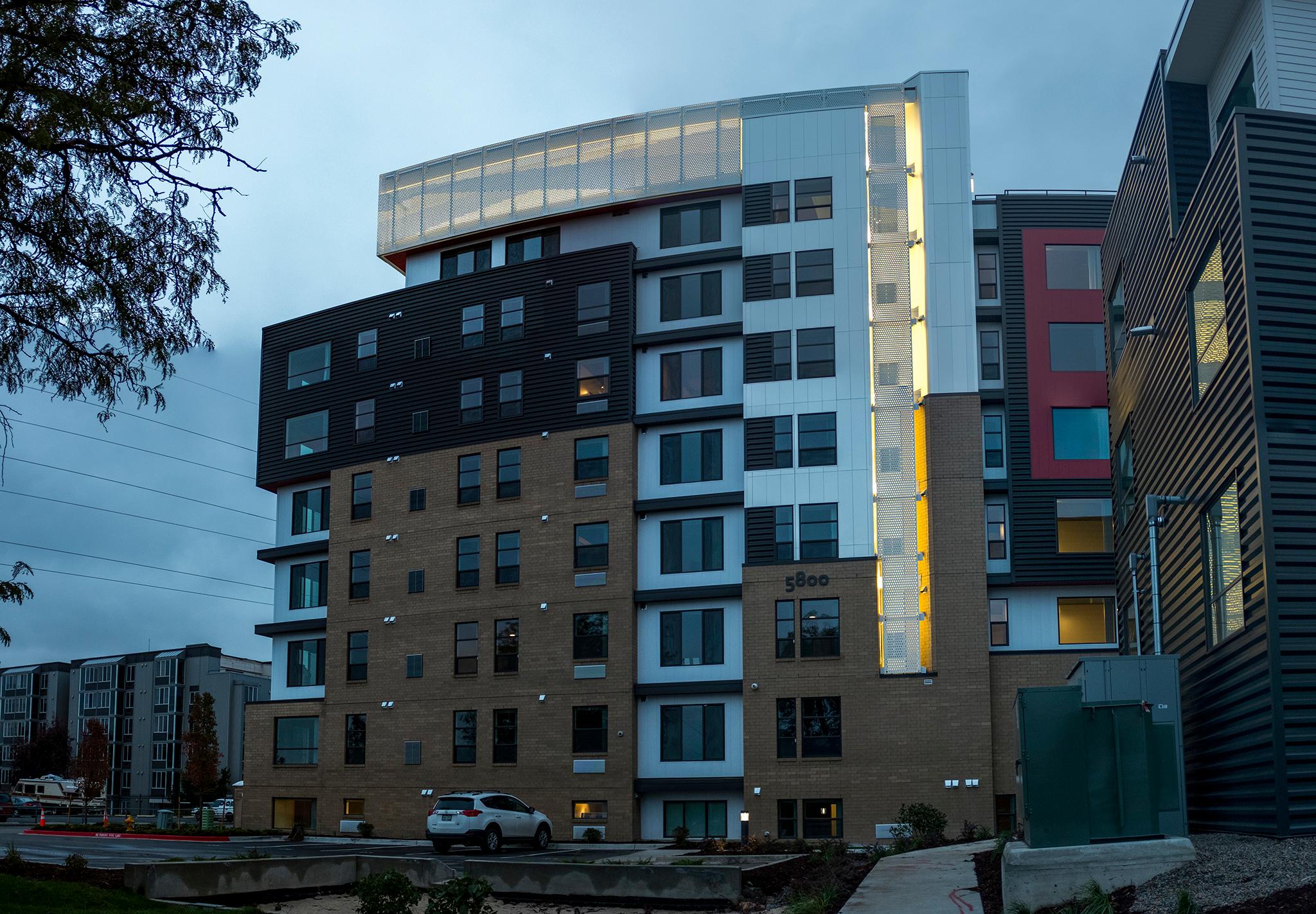A grassroots effort to limit growth in Lakewood remains stalled in court.
When Lakewood City Council members met Monday, they were expected to take up whether to vote itself on the Lakewood Strategic Growth Initiative or send it to voters in the Denver suburb for a decision. Instead, Tim Cox, the city attorney, informed council members at the start of the meeting that he had received notice of an appeal of a court ruling that had opened the way for the initiative to move forward.
"We're back in court," Cox said, "for as long as necessary to resolve these issues."
The initiative would limit new home construction to 1 percent per year and require city council to approve projects with 40 units or more. In 2017, organizers collected thousands of petition signatures to get the proposal on a ballot or considered by city council. Jefferson County Republican Party Vice Chairman Steve Dorman filed suit, expressing concern about the possible impact on property rights. A Jefferson County judge had dismissed Dorman's suit in a ruling just before Christmas.
Reached Tuesday morning, Dorman said he had not realized his notice that he would appeal the county judge's ruling had come in time. He had expected the city council to refer the initiative to voters.
"I still expect to prevail," Dorman said of his court case.
At the council meeting Monday night, Cathy Kentner, who helped lead the petition drive, expressed frustration at the delays.
"I thought I would be discussing this issue -- placement of the Lakewood Strategic Growth Initiative on the ballot -- with you over a year ago," she told council members. "Instead it was withheld from its rightful place on the ballot by a district court case that a judge recently ruled has no merit. Because of that the community's right to vote on an issue that weighs heavily in the city was thwarted and delayed for nearly 18 months."
Mayor Adam Paul said given a chance he would send the proposal to the people for a vote. But he also said he dislikes an initiative he sees as a blanket approach to concerns about growth. Even if voters were to approve the initiative, he said, "we would still see court challenges."
"I'm open to sitting down ... and seeing if we can find a way that really addresses concerns but in a more meaningful manner," Paul said.
Dorman said he also has concerns about growth in Lakewood, but said they can be addressed by requiring developers to include more parking in their housing proposals and other changes in zoning and planning laws. The growth initiative goes too far, he said.
"Our rights are not up for a vote," he said. "And I view property rights as sacred."
He also questioned whether provisions in the growth proposal that would allow more development in areas considered blighted would lead developers to pressure city council members in ways that could lead to corruption.
"Casting no aspersions on the current council, all of whom I trust," he said.
Kentner argued the proposal puts power in the hands of city council and had other merits.
"The strategic growth initiative requires affordable housing," she said. "It is inclusive in that it limits the effects of unfettered gentrification, it preserves green spaces and it is sustainable economically and environmentally."













